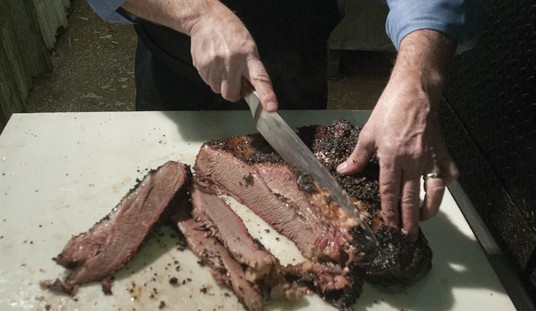Hospital groups are concerned that they have lost favor with the American public, and are concerned that the about-face in public opinion will ultimately come back to bite them and their bottom lines.
Related: EXCLUSIVE: FOIA Docs Confirm USDA Lied About Chinese Bird Flu Research Partnership
Via Becker's Hospital Review (emphasis added):
As sharp words against the industry bubble up more often and encompass a wider variety of issues, it marks an important turn in the ethos of American healthcare. Most policymakers have historically wanted hospitals on their side, and health systems are often the largest employer within their communities and in many states.
"In my career, I've never seen things more aligned to the detriment of hospitals than it is now," Paul Keckley, PhD, said. Dr. Keckley is a widely known industry analyst and editor of The Keckley Report, a weekly newsletter discussing healthcare policy and current trends.
Confidence in the medical system as a whole fell from 51 percent in 2020 to a record low of 38 percent in 2022. Though the healthcare system is among all major U.S. institutions facing record-low public confidence, are hospitals ready for an era of widespread distrust?
Introspection being a thorny prospect, the biomedical overlords never inquire within, as it were, as to why the public distrusts and, increasingly, hates them — like, for instance, throwing patients recklessly onto ventilators for government cash
Continuing:
As state- and market-level fights against hospitals intensify and grab national attention, hospitals and health systems may find themselves less familiar in steadying public perception than their payer and pharmaceutical counterparts, who are no strangers to vocal opponents.
"With public opinion shifting a bit amid COVID, and with some anecdotal evidence* that hospitals are doing some bad things, state policymakers feel that they are enjoying the political will to make these gestures," Ge Bai, PhD, said. "It's also a key issue for voters. Even if they don't do anything in reality, the gesture will probably get political capital."
Dr. Bai is a professor of accounting and health policy at Baltimore-based Johns Hopkins University. She believes a key underlying factor driving hospital critiques as of late is the reduced public confidence in medicine by way of the pandemic.
"The hospital industry has moved away from its traditional charitable mission and toward a business orientation that is undeniable," she said. "With the [pandemic] dust settling, I think a lot of people realize the clinicians are the heroes, but hospitals are maybe not as altruistic as they once thought."
*There is not merely “anecdotal evidence” that “some bad things” happen in large hospitals; they are institutionally incentivized to adhere to rigid and often pseudoscientific protocols designed to maximize profit and appease regulators rather than promote the best interests of the patients they ostensibly serve.
Meanwhile, in what is definitely related news, the COVID fear porn never ends in corporate state media — even as they acknowle the current strains are milder than previous ones (previously filed under “common epidemiological knowledge”).
Via The Guardian (emphasis added):
Infectious disease experts say many people are not taking the latest Covid-19 wave in the US seriously enough and are not getting vaccinated or using antiviral drugs when sick, despite a summer wave that was larger and came earlier than anticipated.
Epidemiologists are saying that while symptoms of this wave are more mild than earlier strains, the virus remains a threat – particularly for older adults and people with underlying health conditions.
In response, public health officials are urging people to get a booster now – unless they recently had Covid, in which case they should wait three to four months – and to take a rapid test when sick. And if they have Covid, they should ask their doctors about antiviral treatments.









